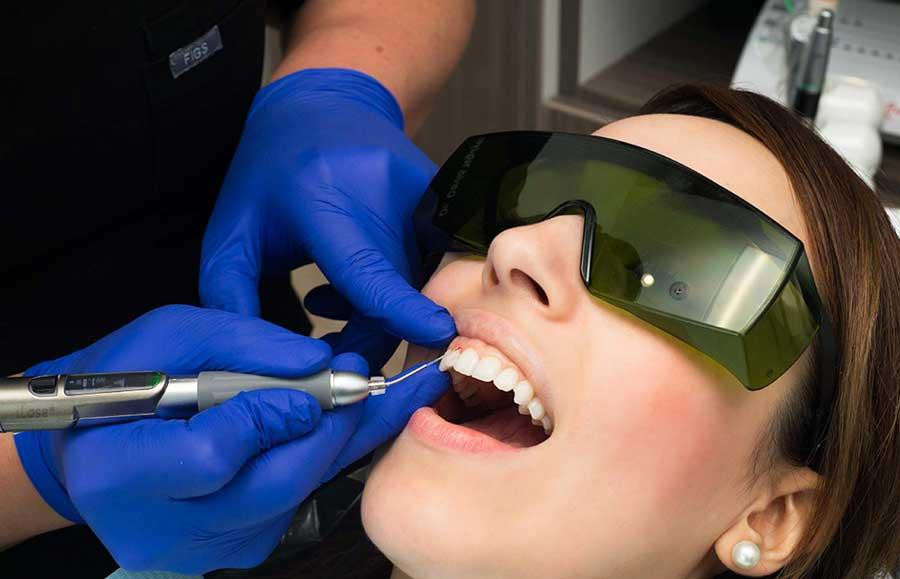Dental X-rays are one of the most important advanced techniques to help your dentist detect your mouth, teeth, gums, and jaw. Treating problems before they become serious in your mouth saves money, discomfort, or even your life.
Why are dental X-rays needed?
From dental evaluation, dental x-rays maybe not be your favorite thing because you need to wear that heavy apron and sometimes hold an uncomfortable device between your teeth even for a few seconds.
But X-rays show doctors a lot. X-rays can help them see the condition of your teeth, roots, and jaw placement. They also help find and treat dental issues early in their development phase.
X-rays transfer energy from your body and are absorbed by solid objects. This energy is absorbed by your teeth and bones and shows up in the X-rays such as dark colored. X-rays can help you find something you cannot see with an oral examination. Finding and treating problems early can save you money and avoid any discomfort. In this article, you will learn about the types of X-rays and their benefits of them.
What are the types of dental X-rays?
X-rays can help you diagnose problems in your teeth and jaws.
In adults, X-rays tell:
- Decay, significantly smaller areas of decay when your teeth
- Decay beneath existing fillings
- Bonn loss
- Changes in the root canal or bone due to disease or infection
- Condition and position your teeth to prepare for dental implants and restorative dental procedures.
In children, X-rays determine:
- If decay is developing
- If there is space between your teeth
- If wisdom teeth are developing
- Impacted teeth
What are the different types of dental X-rays?
There are two major types of dental X-rays: Intraoral (in this type, the X-ray plate is placed in your mouth) and extraoral (In this type, the X-ray film is set outside the mouth).
Most dentists use intraoral X-rays, and several types of intraoral X-rays exist. It would be best if you considered visiting a delta dentist near me to know what is best for you.
Bitewing X-rays
It shows details of the upper and lower teeth from one area of your mouth. Each bitewing shows your tooth from its crown to the level of supporting bone. Bitewing X-rays detect decay between your teeth and any changes in the thickness of bone caused by gum disease. They also help you measure while your dentist recommends a dental crown for your teeth.
Periapical X-rays:
These show your whole tooth beyond the roots when it attaches to your jaws. Each periapical X-ray shows all teeth in one upper or lower jaw portion. They detect unusual changes in the roots and surrounding bones. If you are looking for dental appliances and treatment, you should consider covering dental insurance. But the question arises of how the dental cover is beneficial for you. Dental insurance PPO help provides excellent flexibility while selecting a dentist or dental facility. Moreover, you dont need to worry about referrals. Just visit your dentist for thorough treatment.
Conclusions
If you want dental treatment or appliances, you should consider visiting a dentist who will thoroughly evaluate your mouth with the help of Digital Dental X-Rays and know if that appliance is good for you.
Article source: https://www.ihealthytips.com/are-dental-x-rays-necessary/


Comments